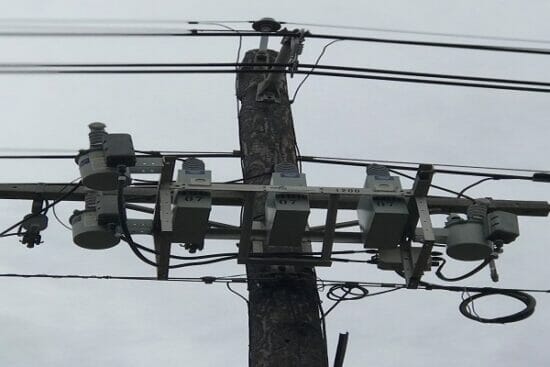No data found for Custom Course Number
No data found for Custom Course Units
Intended Audience: Electrical & Energy Engineers.
PDH UNITS: 3
In this course, you’ll learn the numerous advantages that capacitors provide for the entire system. The various capacitor types will be covered. This course also covers the power triangle, system losses, generator D-curves, voltage coordination, Voltage VAR Optimization, voltage regulation, and contingency analysis. Reactive power is like the glue that keeps the electric grid intact. Because voltage is the potential/pressure difference, reactive power is the tool needed to maintain proper “pressure”/voltage. Adequate reactive power is extremely crucial during emergency events when a generator, a transmission line, etc. is not available. Capacitors are fundamental for maintaining a reliable operation of the electric system during peak conditions and at other times. In this course, you will learn:
- What do capacitors do and why they are installed in the electric grid
- Capacitor types and capabilities
- How capacitors are controlled
- The modes of operation and benefits afforded by equipping capacitors with SCADA
Learning Objectives:
At the successful conclusion of this course, you will learn the following knowledge and skills:- The primary reasons for installing a capacitor
- Controller modes, including time of day, voltage, temperature, and VAR control
- The ideal location to install capacitors
- Equipment ratings (MVA) and the relationship with the MVAR
- Contingency analysis
Once completed, your order and certificate of completion will be available in your profile when you’re logged in to the site.










